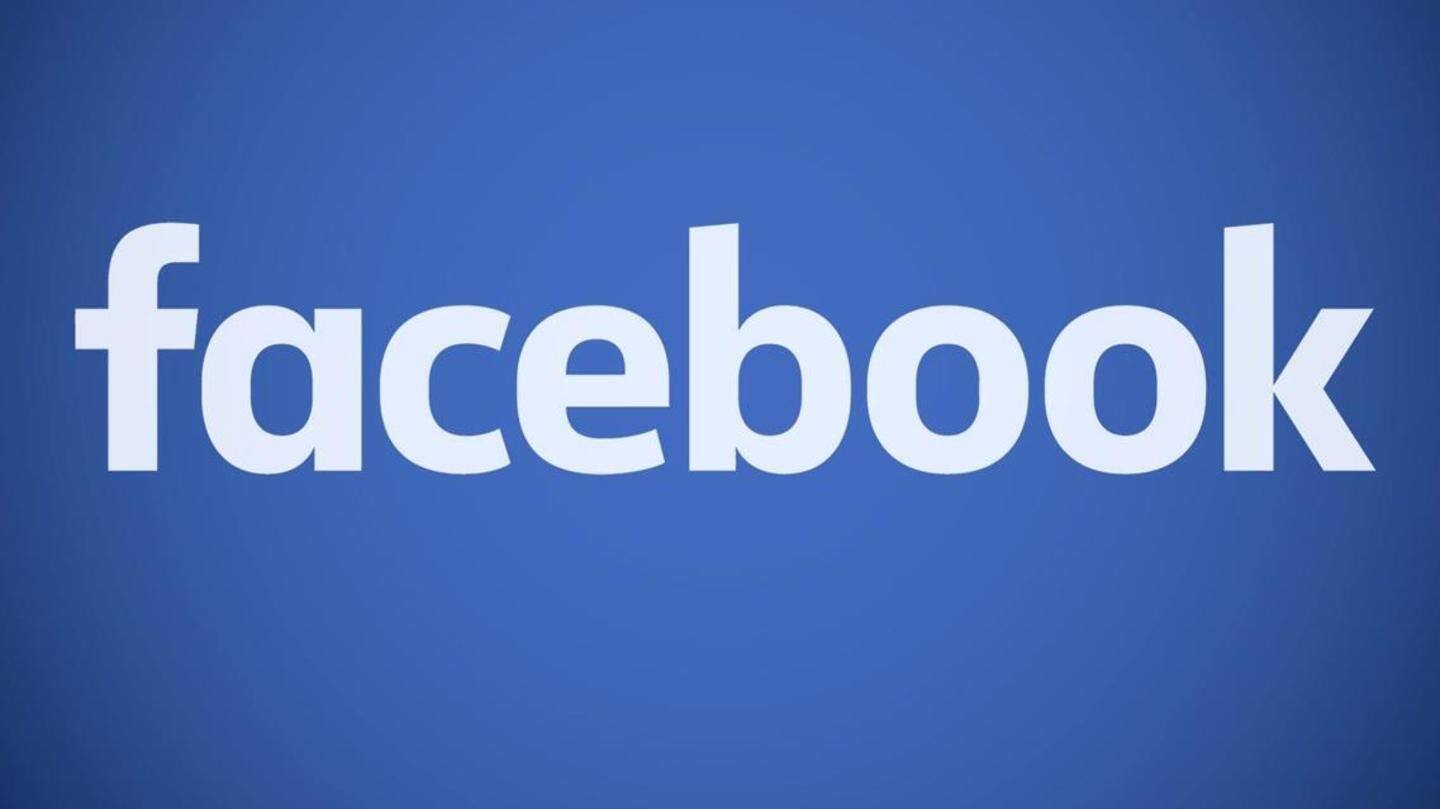
Facebook's Express Wi-Fi app allows paid internet access
What's the story
Facebook has launched an Android app for its Express Wi-Fi service that allows people in developing countries to pay for using its Wi-Fi. Through Facebook's distributed Wi-Fi network in the form of hotspots, it aims to bring internet access to everyone, but for a fee. The app, called Express Wi-Fi by Facebook, is currently only available in Indonesia and Kenya.
Context
Express Wi-Fi as local service is already present in India
Express Wi-Fi as a standalone, local service is already present in five countries: India, Kenya, Tanzania, Nigeria, and Indonesia. But without the app, users have to either open a mobile web browser or access the service through a local telecom company that'll ask you to download a third-party app. Users can then pay to access these Wi-Fi hotspots operated by local resellers.
Details
But Express Wi-Fi app helps find nearby hotspots easily
None of the two methods allow users to see where Facebook's distributed hotspots are located, so it has been a hit and miss for people wanting to use the service outside the comfort of Wi-Fi. But with a dedicated Express Wi-Fi app, users can easily buy data packs and find nearby hotspots. People can access higher-speed bandwidths as compared to typically slower mobile connections.
Closer Home
In India, Express Wi-Fi functions through local resellers
In India, Facebook's Express Wi-Fi service is available via about 700 hotspots across the four states of Uttarakhand, Gujarat, Rajasthan, and Meghalaya. The social media giant is working with a number of local ISPs and 500 local entrepreneurs in the country. It has also partnered with telecom operator Bharti Airtel to bring an additional 20,000 hotspots online.
Background
Facebook's Express Wi-Fi is like Free Basics, but better
Earlier too, Facebook had launched Free Basics with the aim of bringing internet to underserved regions (and wanting to grow beyond a saturated market), but the project was heavily criticized for possibly violating net neutrality. However, users prefer the paid Express Wi-Fi with the full version of the web instead of the no-cost Free Basics that forced them to compromise on select content.